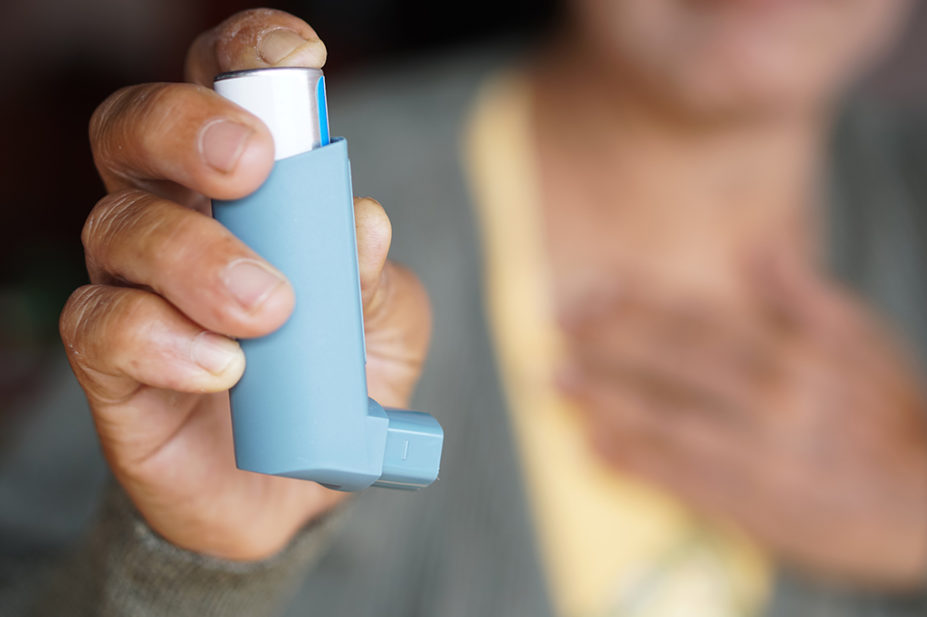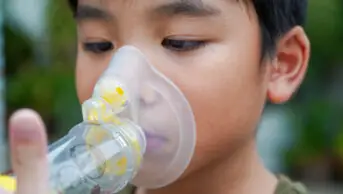
Shutterstock.com
Study results suggest that one in four patients with asthma are overusing short-acting β2-agonists (SABAs).
Researchers at Queen Mary University of London (QMUL)’s Clinical Effectiveness Group analysed anonymised patient records of 30,694 people with asthma across 117 GP practices in 3 boroughs of east London.
Their analysis showed that 26% were prescribed at least six SABA inhalers in the year to February 2020, with 25% of these patients also underusing preventative corticosteroid inhalers.
The study, published in the British Journal of General Practice on 14 June 2022, also found that repeat dispensing “was also strongly associated with the risk of SABA over-prescribing”.
Lead author Anna De Simoni, a GP and clinical lecturer in primary care at QMUL, said: “Working with patients to improve regular use of preventative inhalers should be central to reducing asthma-related hospital admissions.
“There is still significant room for improvement — we calculated that supporting patients who use more than 12 SABA inhalers per year to reduce their use to 4–12 could result in 70% fewer asthma-related hospital admissions in that group.”
She added that there is “also a need to provide GPs and pharmacists with the right tools to support patients to do this”.
“In the next phase of this research programme, we plan to provide practices with tools to support the identification and management of high-risk patients based on prescribing records.”
The findings follow research published in February 2021, which found that 284,683 out of 574,913 asthma patients in the ‘SABA Use in Asthma’ (SABINA) UK programme were found to be “potentially overusing” the medicine.
Anna Murphy, a consultant respiratory pharmacist at University Hospitals of Leicester NHS Trust, said she was “not surprised” by the study’s findings.
“If you look at patients coming into clinics, being admitted to hospital, this is a classic behavioural finding in asthma,” she said.
“The overprescribing of SABA is obviously [because] patients get a very quick release from the salbutamol inhaler. Unfortunately, it doesn’t treat the underlying condition … and can increase risks of causing anxiety [and] tachycardia.
“From a pharmacist perspective, there are a number of things that it’s really key that we do. One is that we identify and monitor adherence to inhaled corticosteroids (ICS),” Murphy continued, recommending training modules led by the Oxford Academic Health Science Network.
She added that pharmacists can also educate patients on ways to remember to take ICSs, adding that “we’ll probably use more smart inhalers to try and help with this” in the future.
In September 2021, NHS England set out detailed targets for primary care networks to support improved respiratory care and health outcomes for people with asthma in 2021/2022 and 2022/2023.
The targets were put in place to reduce avoidable carbon emissions by encouraging the choice of lower carbon inhaler alternatives, where clinically appropriate.
However, the targets were delayed until April 2022 to ease GP workload during the Omicron COVID-19 surge.


